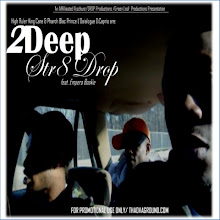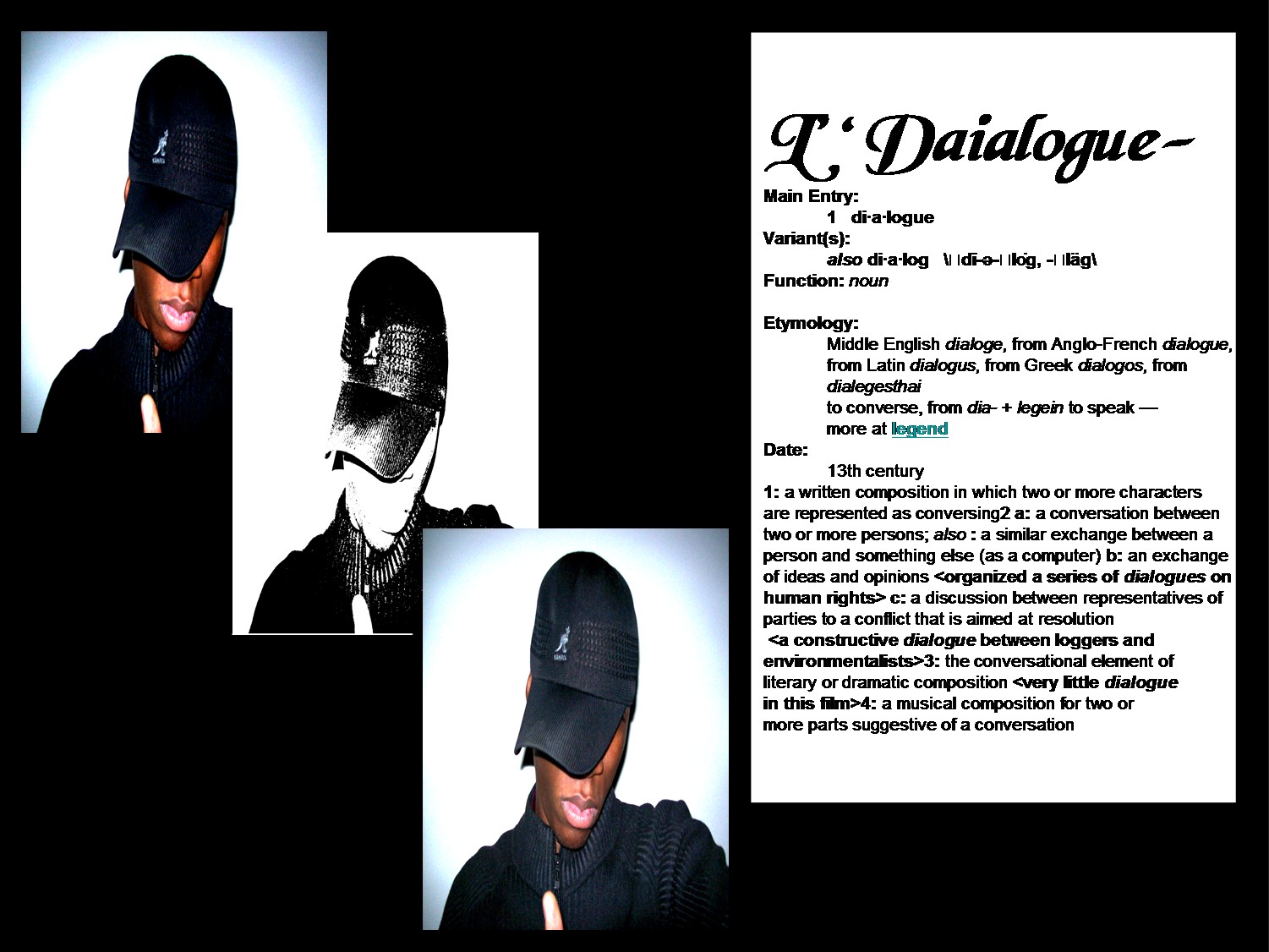I used to stay in a dormitory in New Orleans about 5 years ago and I had a roommate named GiP (that's not his real name but for the story it will do). GiP was a computer whiz/genius that was killing Napster when it first came out. He had all of the classics and Napster was like a fountain of youth in regards to music.
Free music??? For someone like me...I was amazed.
Sure people were just getting a taste of CD burners and all but we had a company rolling out of our 5th floor dormroom. GiP and 2 other guys had burners on that floor so we all competed for that market share of Xavier University's campus. Everybody wanted music...and we had it for them.
People would come by and get discs like hotcakes. One guy would have a 2 for 1 CD sale. So, GiP would have a 3 for $5 dollar CD sale. Once the campus caught wind of that, we had all types of people coming in our dormroom for a CD. Sorority girls, professors and basketball players would come by for some of that "burned" CD flavor.
Well, one day...somebody on the hall had a 5 for $10 dollar sale. GiP got angry and did the unthinkable...he implemented the most ingenious scheme I have ever seen a college student do. He had a 7 for $20 dollar sale. This was madness.
I remember all of these CD's moving out of our dormroom like we were at the Carter. GiP effectively shut down the CD game at Xavier University for that Fall & Spring semester in 2000/2001.
Maybe we played a role in the decline of the record industry in retrospect...but hey we were college students with high-speed internet. What were we supposed to do? That was too much power and so little responsiblity on our parts. This article is an explanation of how college students like us played a part in crippling the record industry. Who would have thought we would have had an impact like that?
-L'Daialogue
_____________________________________________

In the December issue of Wired, Seth Mnookin sits down with Universal Music Group CEO/supervillain Doug Morris for a pretty excellent profile. In it, Mnookin paints the 68-year old Morris as a crotchety executive who's upset that he can't focus more on simple product and artist development because he's too busy worrying about iPods, MP3s, and his company's digital strategy (which was never really supposed to be part of his job description when he took the gig in 1995). In a way, he almost comes off as cute, like if your grandfather were accidentally hired to run Google (at one point, Morris hilariously compares his embattled industry to a character in "Li'l Abner," a comic strip that stopped running in 1977).
As for his actual digital strategy, it's pretty much what we expected — Morris's singular goal these days is to limit the power of Steve Jobs and iTunes. He puts most of his energy into designing Universal's own Internet music store (Total Music, which is definitely doomed to fail), cutting deals with Apple competitor Microsoft for a piece of those massive Zune profits, and heroically doing all he can to make it even more difficult for consumers to justify paying for music online. But then he says something so ridiculous it sort of blows our minds.
When Morris is asked why the music business didn't work harder, in the early days of file-sharing, to build its own (legal) online presence, there's this exchange:
"There's no one in the record industry that's a technologist," Morris explains. "That's a misconception writers make all the time, that the record industry missed this. They didn't. They just didn't know what to do. It's like if you were suddenly asked to operate on your dog to remove his kidney. What would you do?"
Personally, I would hire a vet. But to Morris, even that wasn't an option. "We didn't know who to hire," he says, becoming more agitated. "I wouldn't be able to recognize a good technology person — anyone with a good bullshit story would have gotten past me."
Even though we shouldn't be, we're actually a little shocked. We'd always assumed the labels had met with a team of technology experts in the late nineties and ignored their advice, but it turns out they never even got that far — they didn't even try! Understanding the Internet certainly isn't easy — especially for an industry run by a bunch of technology-averse sexagenarians — but it's definitely not impossible. The original Napster hit its peak in 1999 — kids born since then have hacked into CIA computers. Surely it wouldn't have taken someone at Universal more than a month or two to learn enough about the Internet to know who to call to answer a few questions. They didn't even have any geeky interns? We give this industry six months to live.
























.jpg)
.jpg)
.jpg)


No comments:
Post a Comment